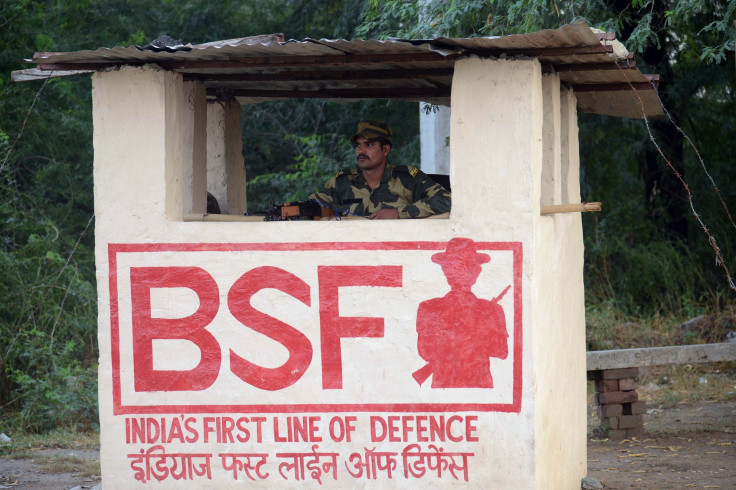India-Pakistan Conflict News: Hundreds Of Nuclear Weapons Could Be Produced By India Claims New Study

A new study by a Pakistan think-tank claims India has the capacity to produce between 356 and 492 nuclear bombs. The study, titled “Indian Unsafeguarded Nuclear Program,” comes amid growing hostilities between India and Pakistan, which continues to result in the loss of lives along the boundary dividing the disputed region of Kashmir.
Published on Monday by the Institute of Strategic Studies Islamabad (ISSI) and authored by four nuclear scholars, the study states that previous estimates of India’s nuclear capabilities have been far too conservative.
“A groundbreaking research study reveals that India already has sufficient material and technical capacity to make 356 to 492 nuclear bombs,” read a press release to accompany the study’s release. “This work is in contrast to several earlier studies which took a much more modest view of the Indian nuclear bomb making potential."
Like Pakistan, India is not party to the United Nation's Nuclear Non-Proliferation Treaty. And the study asserts that its nuclear program is now the largest of all non-signatories to the 1956 treaty, which has a stated objective of preventing the spread of nuclear weapons.
“The purpose of this study was to provide an understanding of the true history, size, extent and capabilities of the different aspects of the complex Indian nuclear program, which New Delhi has kept outside the International Atomic Energy Agency (IAEA) safeguards,” read the release. “It includes compelling evidence that India has the largest and oldest unsafeguarded nuclear program in the entire developing world and amongst states not party to the Nuclear Non-proliferation Treaty (NPT).”
India officially has between 100 and 120 nuclear warheads, almost identical to the estimate for Pakistan of between 110 and 130, according to the Stockholm International Peace Research Institute (Sipri). It is those nuclear capabilities that have caused particular alarm during the rising tensions between two countries that have already fought three wars, two of them over Kashmir.
The latest troubles escalated when an Indian army base in Kashmir was attacked by militants, killing 19, on Sept. 18. India then claimed it retaliated by carrying out “surgical strikes” on a terrorist stronghold on the Pakistan side of the Line of Control that divides the area into Indian and Pakistani rule.
On Wednesday, Pakistan summoned India’s Deputy High Commissioner and lodged a protest over what it called “unprovoked firing” by Indian forces. In recent days, civilians and military personnel have been killed on both sides in firing across the border.
In the past, Pakistan has not been afraid to make nuclear threats against its neighbor.
“We haven't kept the devices that we have just as showpieces,” defense minister Khawaja Asif said in a television interview last month, according to The Times of India. “But if our safety is threatened, we will annihilate them [India].”
© Copyright IBTimes 2024. All rights reserved.











